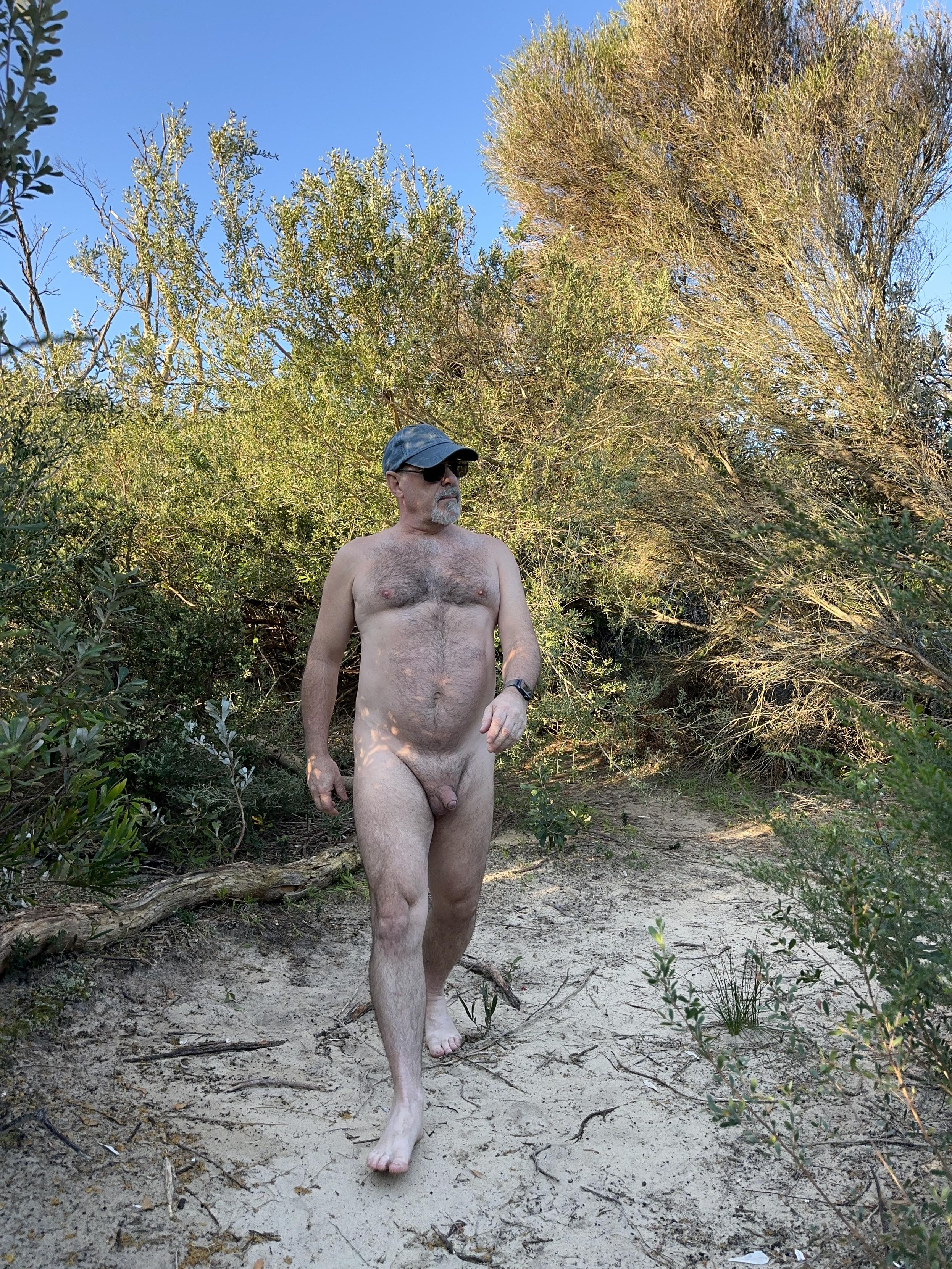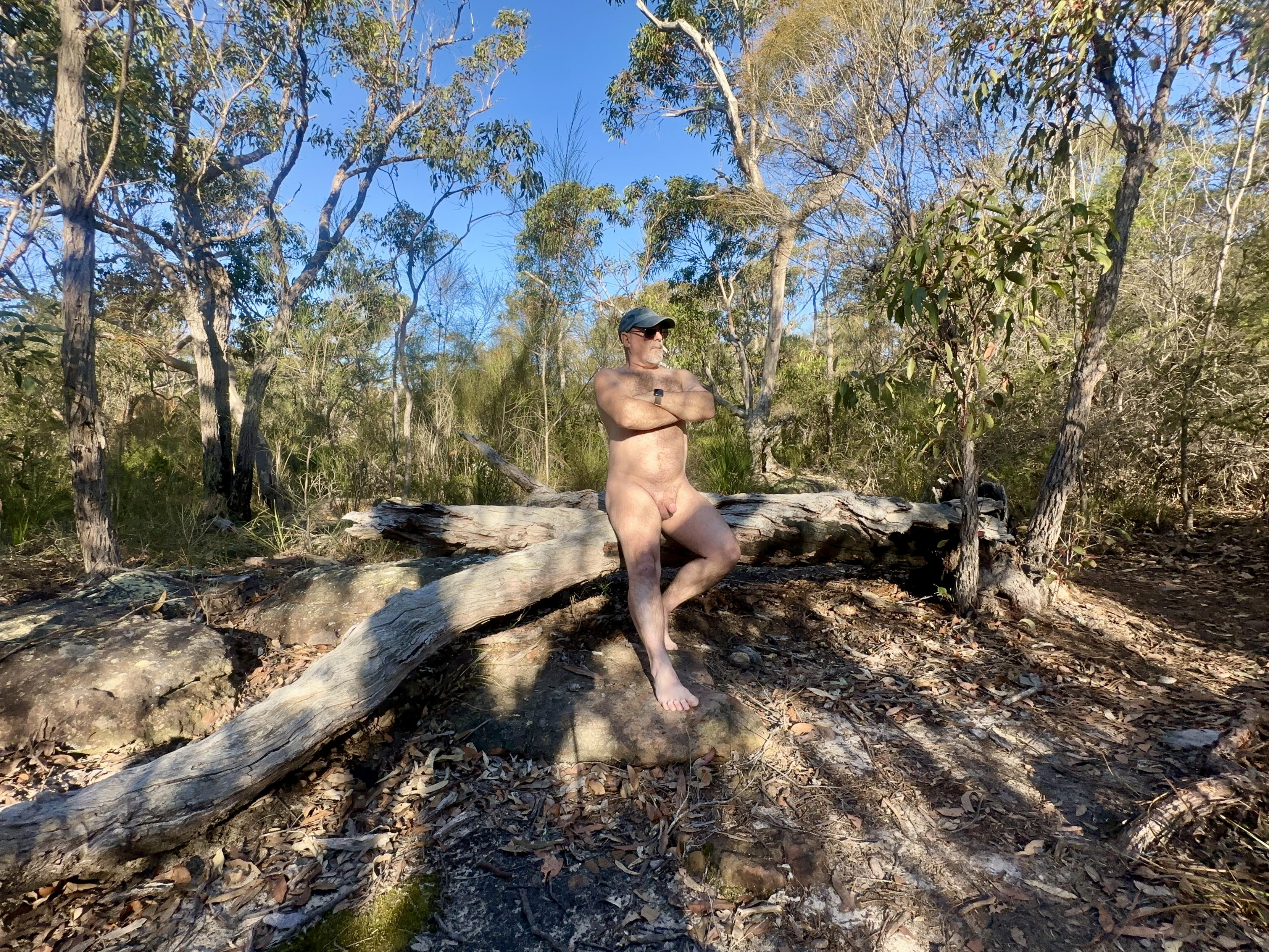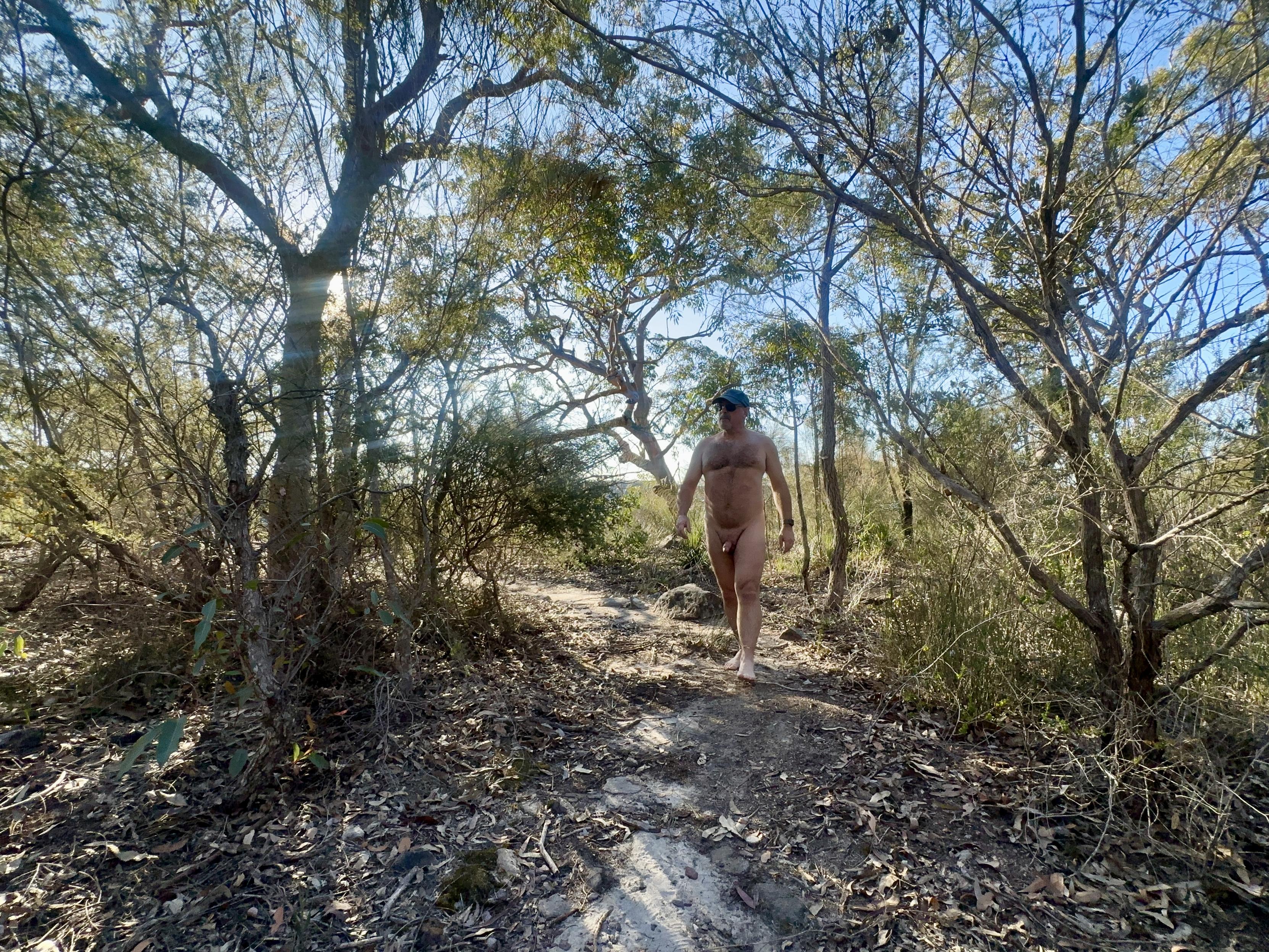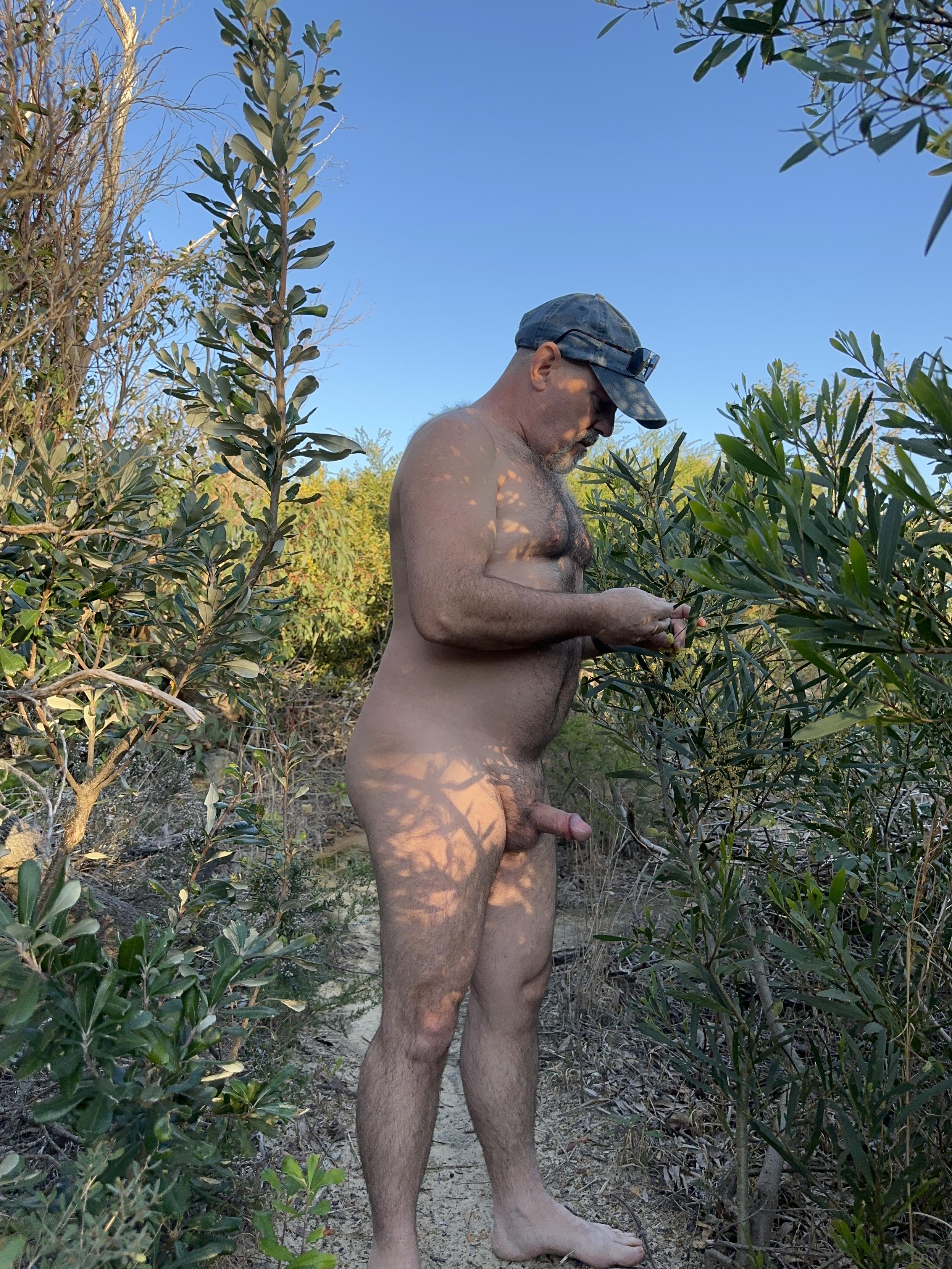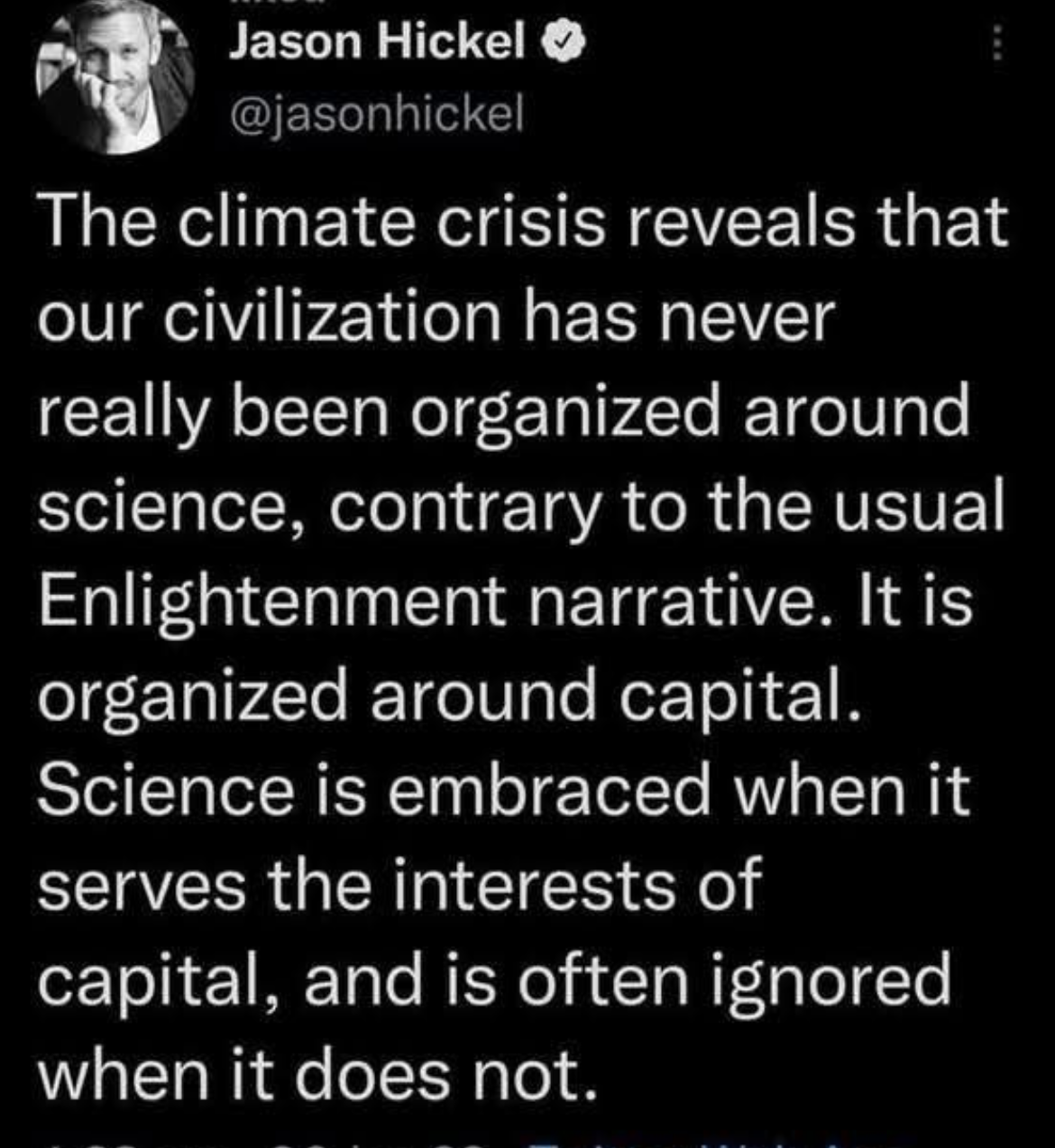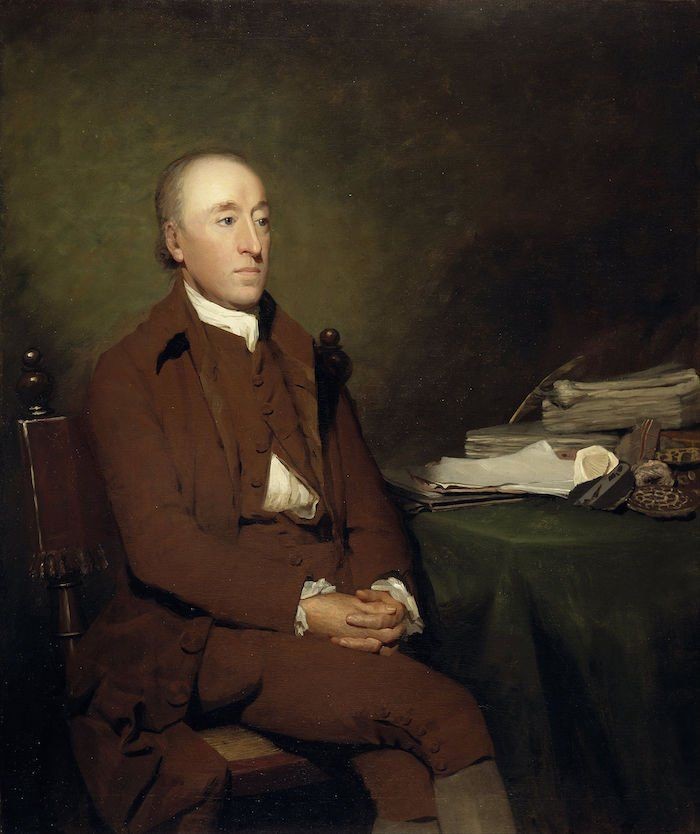#Introduction
My podcast, Spiritual But Not Religious (aka Spiritual BNR), was created during a time of great upheaval in my life. I had quit my job a few years earlier to take care of my Mom, with whom I was very close. Mom died in 2020 during the worst of the COVID-19 pandemic. Her death was not COVID-related, just a consequence of 50 years of smoking cigarettes. I found a therapist to help me through the pain of that and some other issues, and this podcast became a way of working through it all, doing it publicly so that perhaps my journey could be of inspiration to others.
On Mastodon, I like to share links to my podcast episodes as well as post random ideas or quotes that inspire me. My goal is not likes or money, it is simply to inspire at least one person to progress along the path to enlightenment and find peace. ~Jill
#Podcast #Spirituality #Healing #Peace #Enlightenment #MentalHealth
